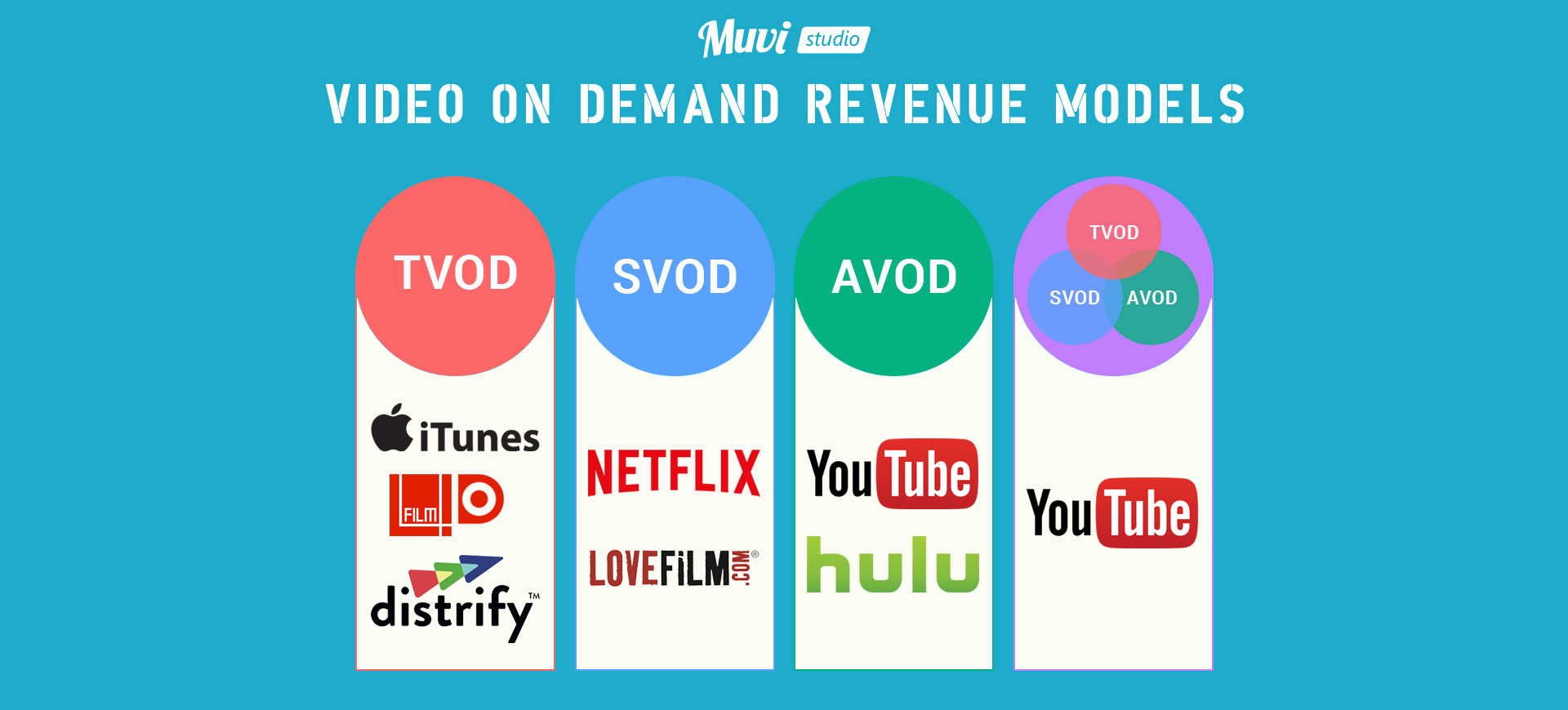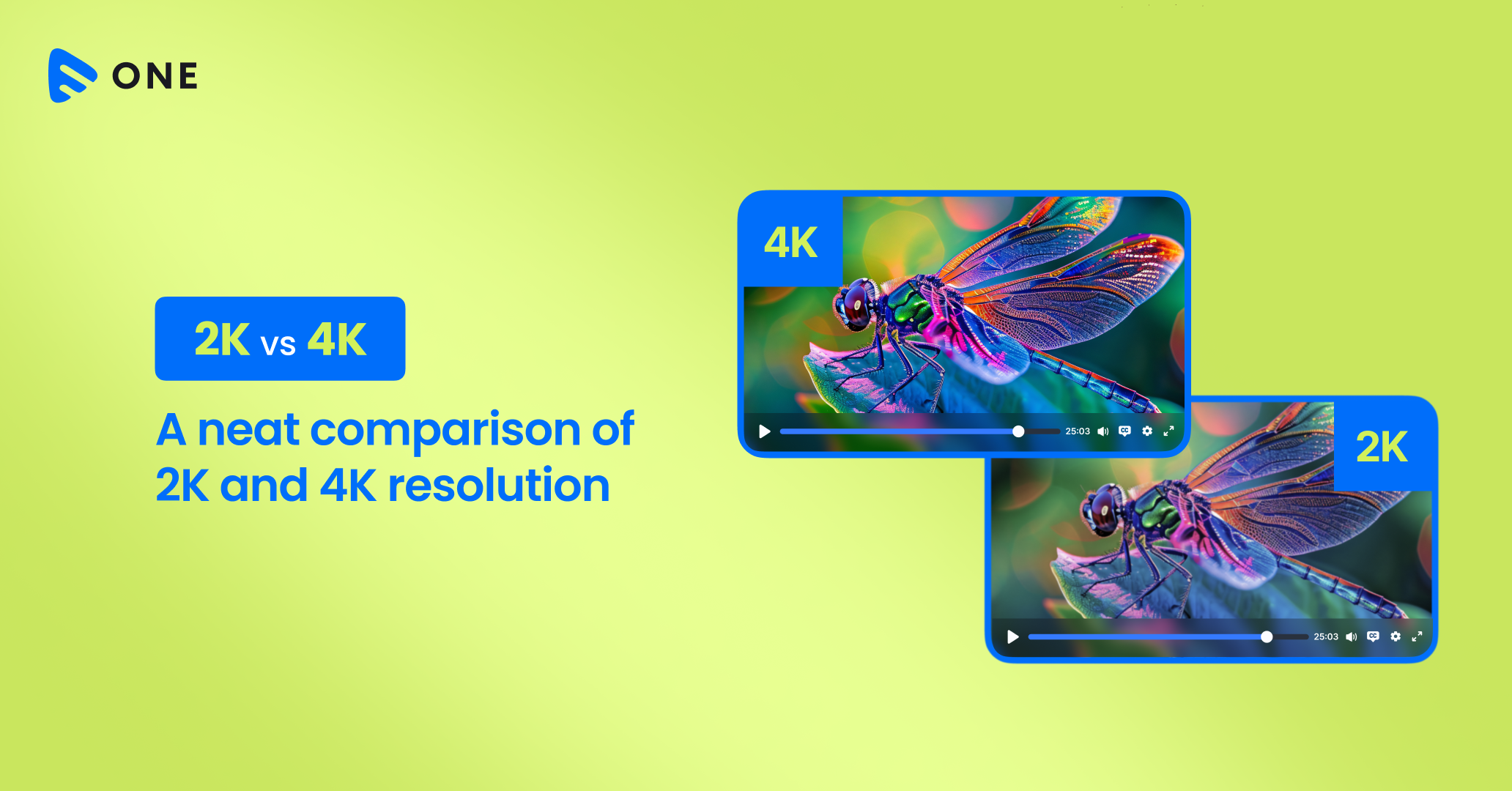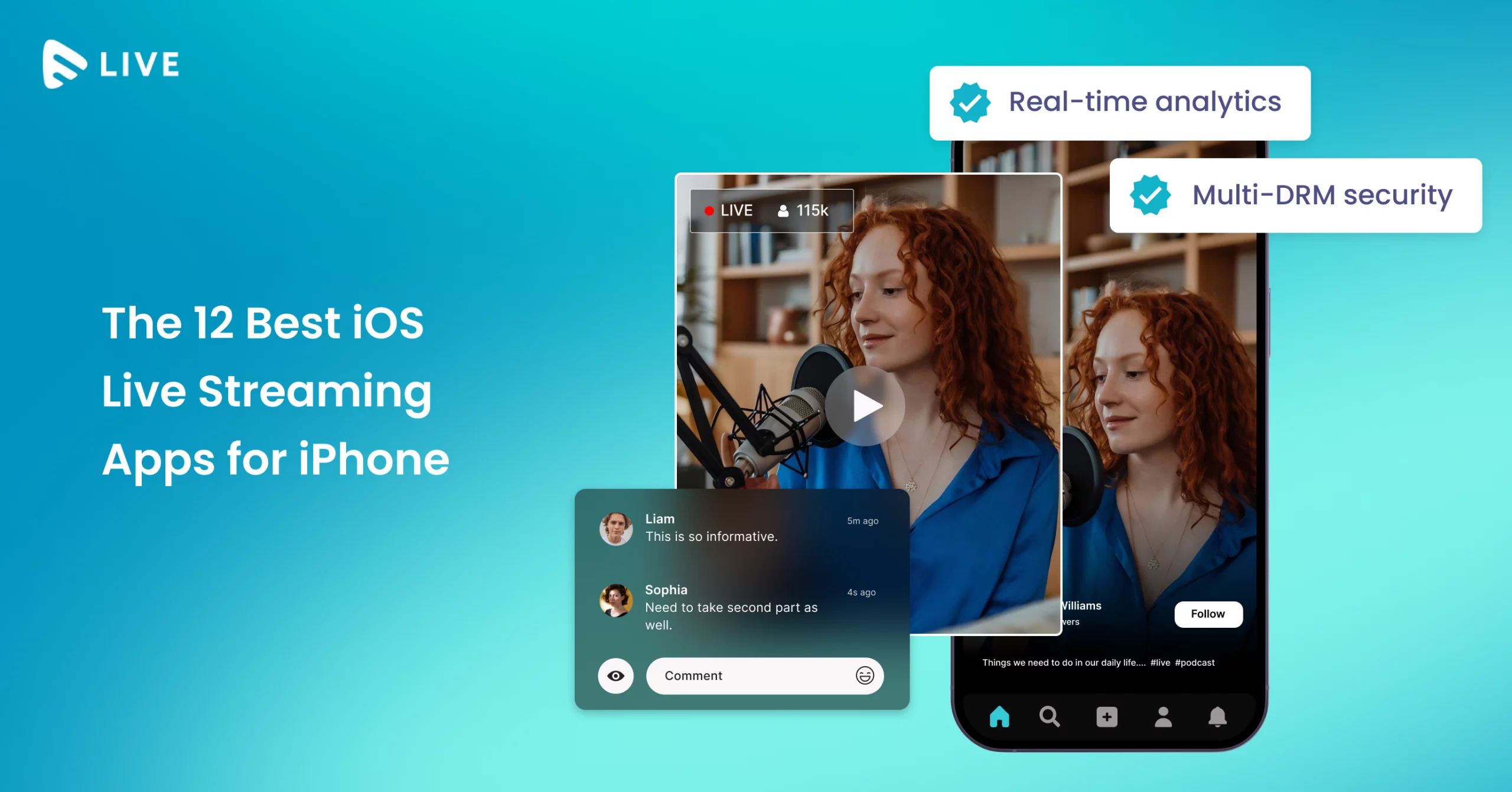Written by: Roshan Dwivedi
The alphabet soup that represents the various flavors of online video on demand programming is funnel that will, over time, lose its one-letter prefixes based on the increasingly popular notion that young consumers are allergic to commitments of any sort.
It begins with an understanding of the various VOD types. There is subscription VOD (SVOD) where Netflix, Hulu and Amazon Prime dominate. You pay a monthly fee of 10-ish dollars, and it’s all you can eat from a preselected buffet of programming. Next is AVOD, which is ad supported on-demand programming and represented by YouTube, with Twitter, Facebook, Instagram and others nibbling at the corners. For the record, we cannot overlook your parents VOD which is the ability to watch (primarily) movies at any time and is/was generally available through the friendly MVPD or, while traveling, companies such as Spectravision who serviced hotels. Technically, there is one more—NVOD—near video on demand, which is a service offered by some MVPDs which allows you to restart a show when you join mid-way.
Just as on-demand programming has evolved, the manner in which video content owners and providers charge for their services has dramatically changed. The take-it-or-leave, mismatched programming tier mentality of cable and satellite has given way to more sensible approaches. This is not to say there is a magic formula or that clever entrepreneurs have come up with a foolproof alternative to classic big bundle approach to video services.
In speaking to industry leaders, two key points emerge: the single shot approach—that is lock into one business model (SVOD, AVOD) is a non starter, and the wise use of data can make the difference between success and failure.
Nick Shore, Chief Creative Strategist at Astronauts Wanted, points out the need to avoid a single focus when it comes to the monetization of video. “In a market that is experiencing this much fluidity and systemic disruption it is more dangerous to have one business model than to look at multiple,” he says.
“However, it’s a fine line between a carefully calculated number of hedges versus spinning too many plates, creating a lack of focus and just chasing flavor-of-the-week-models.”
Read the entire story here.














Add your comment